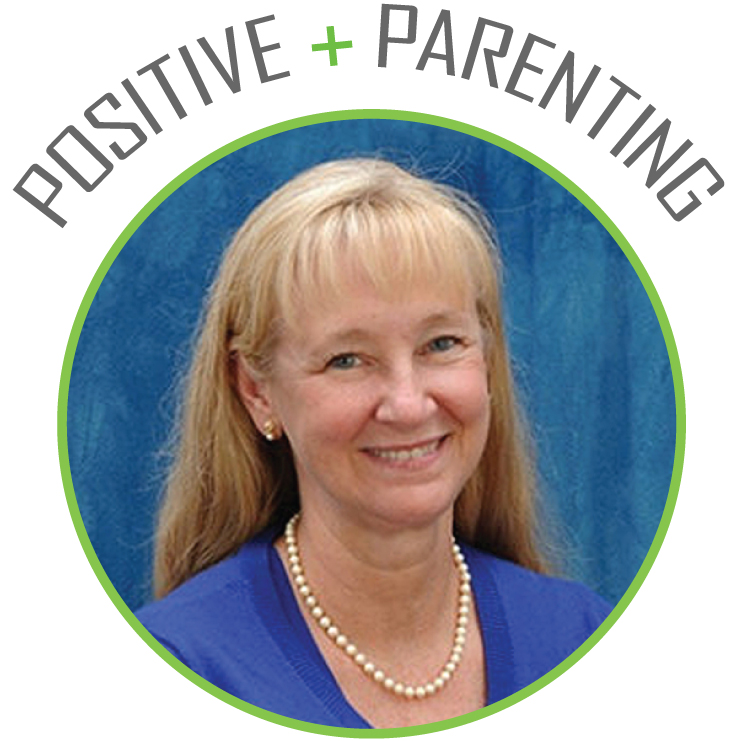Letting kids Fail Can lead to Lifelong Success
by Lesley Lwinski
If you have read articles or heard about the concept of “Letting your kids fail,” you may have found it unsettling. It goes against the grain of a parent’s heart.
Shouldn’t parents be making sure their kids succeed? When understood in the correct context, allowing children to fail helps them to become more successful.
It builds confidence in one’s ability to try a different way and helps build a positive sense of self.
Many adults grow up with a fear of failure that can become a source of anxiety and can erode one’s self-esteem.
Lack of confidence leads to lack of courage, a trait absent in anyone who has not known adversity.
The way parents handle their own mistakes and failings models for children how they will handle their own. And the way parents handle their children’s mistakes matters a lot.
As neural pathways are formed in the developing brain, a child’s experience of his mistakes as opportunities for learning rather than something to be embarrassed about is vitally important.
Beliefs are being formed that may last a lifetime.
Here are some ideas to guide you:
• Praise effort and enjoyment over the end result. “You ran so fast getting to third base, your hat blew off!” “You looked very happy out there watching your friends bat.” “I love to see you encouraging your teammates.”
• Allow children to feel sad. “I’m sorry you didn’t do well on your spelling test. You look sad.”
Be silent and let them cry if they need to, and let them tell you the story of what happened, listening with empathy.
• Be a supportive presence. “What can you think of to help yourself feel better?”
Helpful ideas are ones that involve doing an enjoyable activity or having a good cry. Avoid using food and video games to numb the pain.
• Resist the urge to rescue and repair. Let her feelings come out first, because when they are released then the child is ready to problem-solve.
“What will you do?” “How would you like to handle that?” “Do you need any support from me?”
• Never shame or embarrass.
• Do a de-briefing. When the sting has softened, ask Three Questions: “What did you learn?” “What can you do differently next time?” “Is there anything you can do to make things right?”
• Tell and re-tell the story, or let your child do it. This can help a child process the event and is especially helpful with young children.
When you use mistakes and failures as opportunities for learning, your child will learn responsibility, perseverance and resilience… qualities that will serve your child well throughout life.
Lesley Iwinski is a Lexington mother of three grown children, a family physician and Executive Director of The Parent and Family Enrichment Center, Inc. and Growing Peaceful Families. She offers classes, workshops and seminars. Info: (859) 333-3053 or www.GrowingPeacefulFamilies.com.

